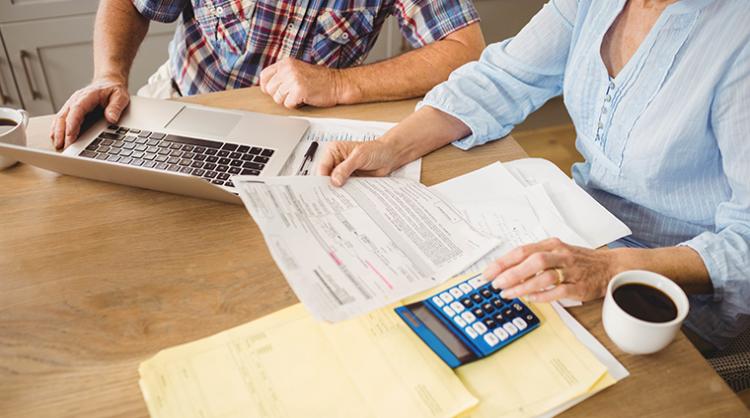What Happens When Switched Access Customers Won't Pay Their Bills?
June 8, 2018 | by Andrew Regitsky

Two weeks ago, we discussed the FCC's upcoming (and unexpectedly delayed by at least a month) rulemaking proceeding (Docket 18-155), designed to eliminate the opportunity for carriers to engage in switched access stimulation (aka traffic pumping). The link is below.
https://www.ccmihub.com/blog/fcc-decides-end-switched-access-traffic-pumping.
In that rulemaking, the Commission proposed to give carriers engaging in access stimulation a choice of either (1) accepting financial responsibility for terminating traffic delivered to their end offices; or, (2) accepting direct connections from the IXC or an intermediate carrier chosen by the IXC.
No doubt, when the new rules become effective this fall, access arbitrage will significantly decrease. However, in one important way the rulemaking falls short. It only covers situations in which actual traffic pumpers are involved. Most access disputes, however, do not involve access arbitrage.
Sometimes a switched access provider (usually a relatively small company) will legitimately bill a long-distance provider for switched access minutes, and the customer (usually a large IXC) will dispute their bill or portions within, sometimes on the shakiest grounds. Unfortunately, the small access provider often has limited resources to defend itself.
In a letter to the FCC, Bandwidth summed up the problem small LECs face:
Bandwidth has first-hand experience with the largest IXCs engaging in “self-help” (that is, total non-payment) for the traffic they send to Bandwidth. A carrier seeking to collect its access charges cannot threaten disconnection or refuse to provide additional service to the recalcitrant IXC because of the carrier’s interconnection obligations. This allows a switched access customer to force a LEC like Bandwidth to undertake expensive, time-consuming, and burdensome court proceedings to collect its bills, while the IXC customer gets to keep the money unless and until the carrier brings suit and obtains a judgment. This problem would be compounded if the IXC were to label a LEC as an “access stimulator” and refuse to pay both the LEC and the tandem provider for traffic delivered to the wrongly-labeled LEC. (May 31, 2018, Bandwidth letter to FCC, Docket 18-155, at p. 2).
Bandwidth is correct. The new rulemaking has the potential to make this situation worse. As stands, there is nothing in the proposed rules to stop IXCs from claiming LECs providing switched access services to them are access stimulators. Once charged, the LEC would be guilty in the eyes of the FCC until proved innocent. That is, they would be unlikely to receive payment for their access services until they somehow demonstrated they were not engaging in access stimulation. Bandwidth recommends the Commission make changes in the rulemaking to eliminate this problem.
To ensure that any new access stimulation rules do not create increased uncertainty and litigation, Bandwidth suggests that the Commission also seek comment on how to preclude carrier self-help against a LEC that does not self-identify as an access stimulator. IXCs should not be permitted to label LECs as “access stimulators” and take unilateral action that would force tandem providers and the wrongly labeled LECs to divert resources from providing communications networks and services to litigation. Every act of IXC self-help costs Bandwidth time and money in disputed and unpaid access bills, diverting resources from running and growing its business. Rules that are not easy to apply and lack a process for identifying access stimulators effectively reward the IXCs that engage in self-help, which encourages litigation. (Id., at p. 1)
After working with both IXCs and LECs on multiple switched access disputes, I can tell you that while there are bad actors on both sides, most disputes occur due to differing interpretations over the complex rules involved. Let's not kid ourselves, these types of disputes will not end until all inter-carrier compensation moves to bill-and-keep. Until that day comes, however, IXCs should not be permitted to unilaterally declare a LEC as an access stimulator if it has no such history and use that label to stop paying its bills. If it does so, and the LEC is found to be engaging in legitimate access services, the Commission should require that IXC to pay a significant financial penalty.

